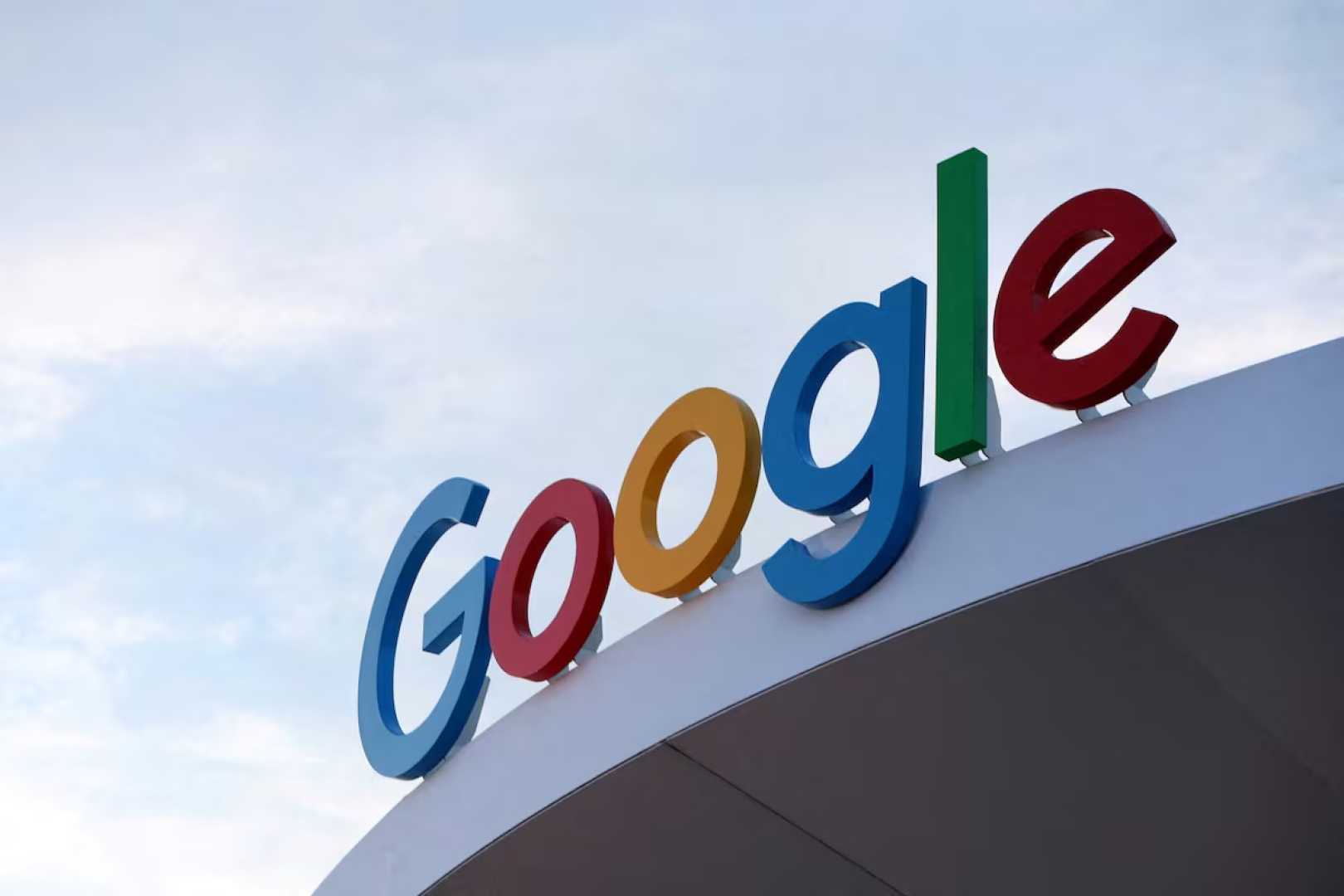News
Google Ordered to Reform Android App Ecosystem Following Antitrust Ruling

Google Play Store, a ubiquitous presence on the majority of Android devices, is set for a significant overhaul in the United States following the ruling of a federal court. This decision mandates the tech giant to foster greater competition within its Android app ecosystem by implementing a series of defined measures.
The court’s verdict comes in the wake of a lawsuit filed by Epic Games against Google, where a federal jury had previously determined that Google’s Play Store and its associated billing services constituted an illegal monopoly. Judge James Donato, in his ruling dated October 7, 2024, outlined specific remedies that Google must undertake to address the monopolistic conduct.
One pivotal aspect of the court’s mandate requires Google, over a span of three years, to allow users to download third-party app stores such as the Epic Games Store via the Play Store application. Moreover, developers are to be granted access to Google’s full app catalogue, offering them substantial opportunities to establish and grow their presence in the market.
Google has announced its intention to seek a stay against the ruling, which marks the conclusion of a protracted four-year antitrust dispute with Epic Games, the maker of the popular game Fortnite. Should the ruling be upheld, Google may face substantial competition in the U.S. app marketplace for the first time.
Between November 1, 2024, and November 1, 2027, the ruling also requires Google to permit apps to utilize independent billing systems for in-app purchases rather than be restricted to the Google Play Billing system. The jury found that compulsory linkage of Google’s payment system to app distribution contravened antitrust laws.
In addition, Google has been instructed to eliminate policy clauses that prevent app developers from redirecting users to external payment methods or informing them about alternatives. The ruling further allows developers to communicate with users regarding app availability and pricing off the Play Store platform.
The court’s decisions extend to prohibiting Google from incentivizing developers to exclusively launch apps on the Play Store. Additionally, Google is barred from revenue-sharing arrangements with any entities involved in the distribution of Android apps or launching app platforms.
Significant restrictions have been imposed on Google’s interactions with smartphone manufacturers. The company is no longer permitted to secure pre-installation agreements for the Play Store on Android devices. Nor can it offer financial incentives to prevent pre-installation of third-party app stores.
The court’s deliberations highlighted allegations from Epic Games that Google had engaged with developers, manufacturers, and carriers in a manner that stifled competition from alternate app stores. The jury supported claims that Google engaged in agreements that imposed unreasonable trade restraints, including deals with OEMs.
While Epic Games initially sought a six-year compliance period for these changes, the court has settled on a three-year term, aimed at leveling the competitive field without excessively encumbering Google.
Google, fearing the potential threat of malicious apps, is still entitled to enforce reasonable security measures to protect its platform. However, should disputes arise over app removals, such cases will be reviewed by a Technical Committee consisting of representatives from Google and Epic, who will jointly select a third member.
Maintaining its stance, Google has announced plans to appeal the decision, citing concerns over privacy, security, and potential negative impacts on users, developers, and device manufacturers.
Tim Sweeney, CEO of Epic Games, expressed enthusiastic anticipation of the changes, heralding a new competitive era for app stores within the Google Play ecosystem.












